Getting your first credit card is a significant financial milestone. It’s a tool that you can use as a stepping stone to building a solid credit history. If you use it properly and cautiously. However, it’s also a responsibility that first-timers might struggle with. I remember the mix of excitement and nervousness I felt when I got my first credit card. And how alarmingly easy it was to spend too much and make costly mistakes.
1. Understand Your Credit Card Agreement

Thoroughly understanding your credit card agreement is crucial in managing your finances effectively. Familiarize yourself with key aspects such as the interest rates, which determine how much extra you’ll pay on carried balances, and any annual fees that may apply. Knowing the length of the grace period helps in planning your payments to avoid late fees. Also, be aware of charges for late payments and foreign transactions. Being well-informed helps you make smart decisions and avoid costly mistakes.
2. Start with a Single Credit Card
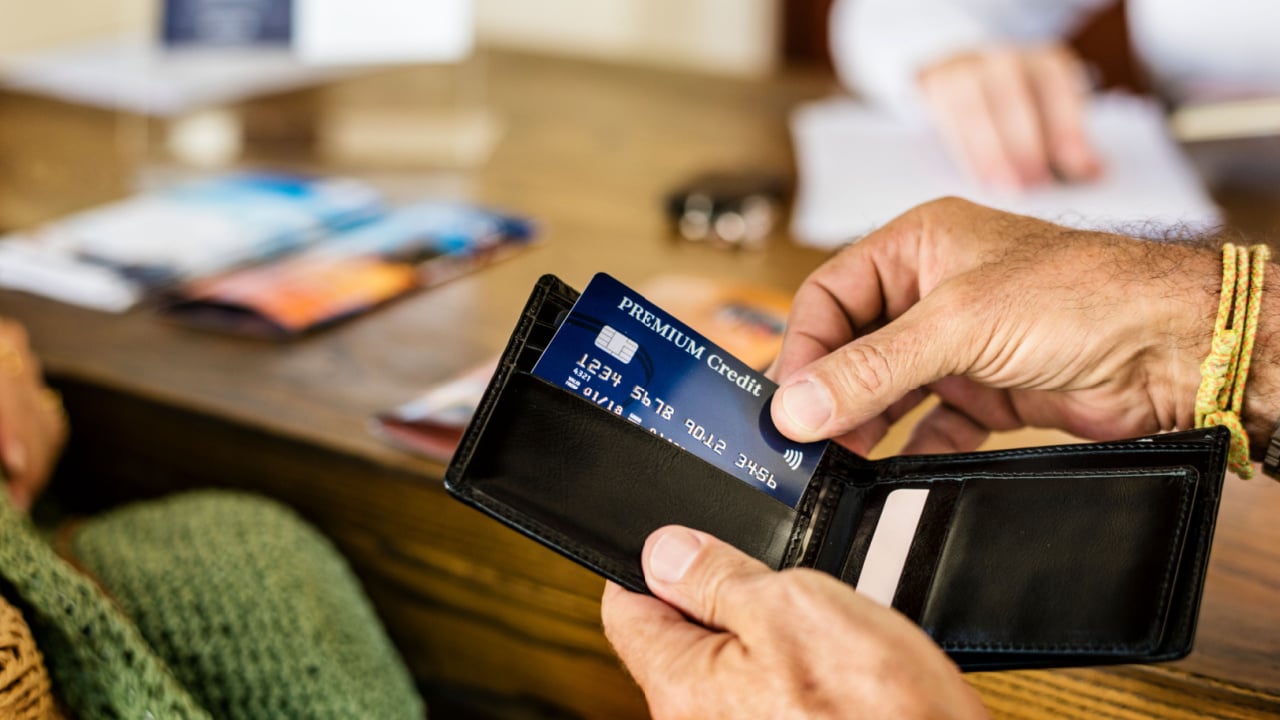
For beginners in credit management, starting with just one credit card is the best move. Managing multiple cards complicates your finances and increases the temptation to overspend. Master the art of using one card responsibly – understanding billing cycles, managing purchases, and paying off balances. Once you’re comfortable with maintaining a good credit history and managing your spending, you can then consider getting additional cards based on your financial goals and spending habits.
3. Keep Your Credit Utilization Low
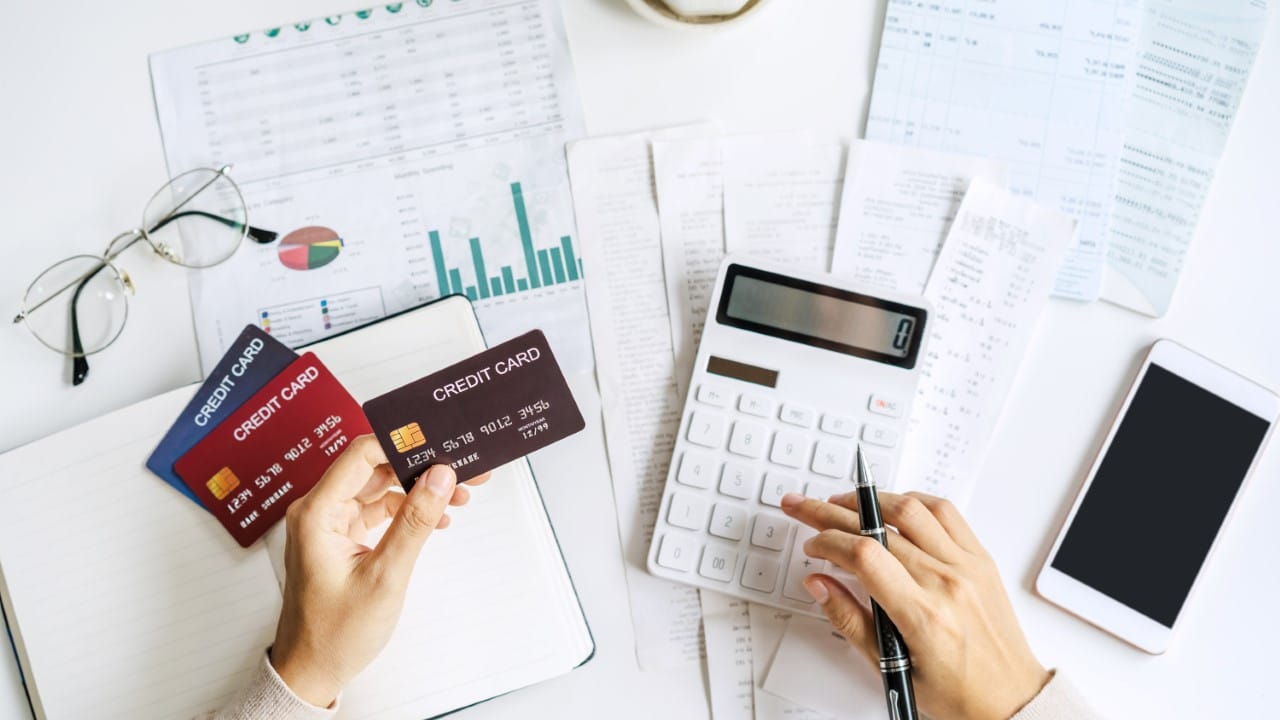
Maintaining a low credit utilization ratio is crucial for a healthy credit score. Utilization, or the amount of your available credit you’re using, should ideally stay below 30%. High utilization, particularly over the longer term, is a red flag to lenders, suggesting possible financial distress. Regularly monitor your balance, and try to pay off your card or keep your spending low.
4. Pay Your Bill On Time
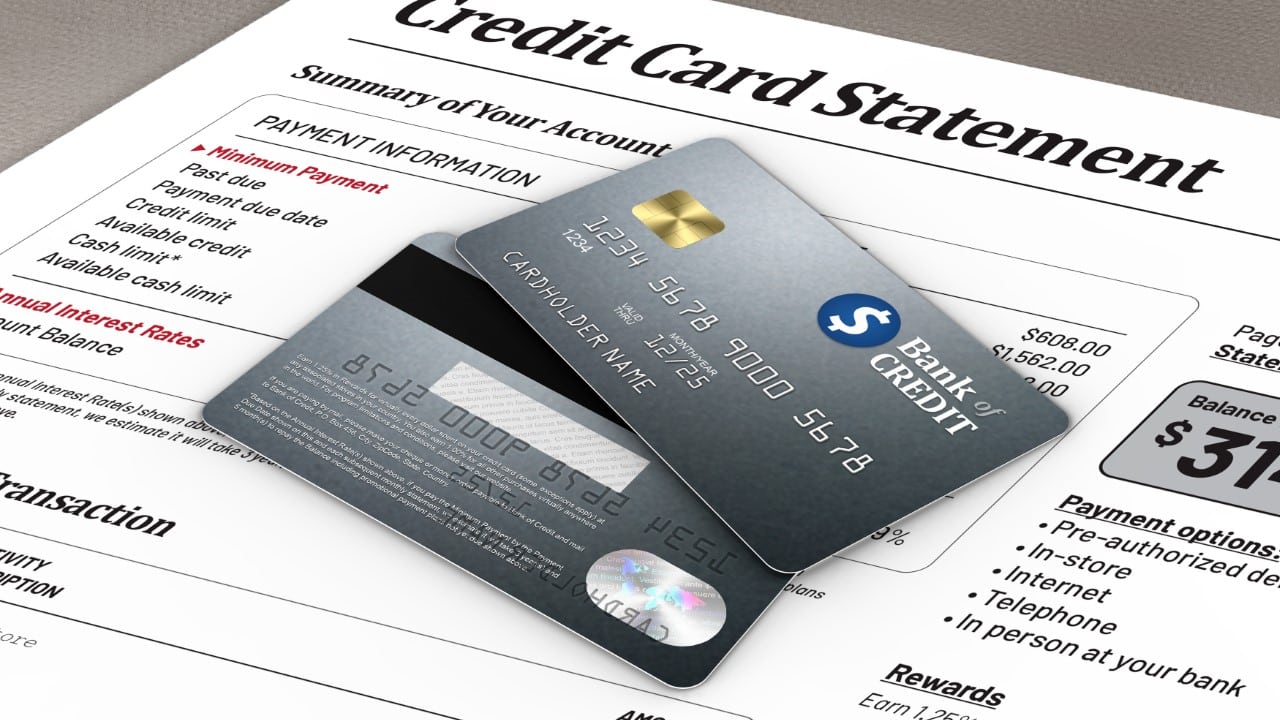
Paying your credit card bill on time is one of the most important habits to cultivate. Late payments lead to costly fees and increased interest rates, and they negatively affect your credit score. Consider setting up automatic payments or calendar reminders to ensure you pay your bill on time. Consistently paying on time demonstrates to creditors that you are a reliable borrower, which is crucial for maintaining good credit.
5. Pay More Than the Minimum

While paying the minimum amount due on your credit card can keep your account in good standing, you’re much better off paying more than the minimum whenever possible. Paying only the minimum causes prolonged debt and significant interest charges. Aim to pay off the full balance to avoid interest charges or at least pay a substantial portion of the balance to reduce the interest accrued and clear your debt faster.
6. Avoid Cash Advances

Be cautious about using your credit card for cash advances. These transactions often come with high fees and interest rates, which start accruing immediately without a grace period. Cash advances should be a last resort due to their cost and the potential negative impact on your credit utilization.
7. Monitor Your Account Regularly

Keep track of your spending to ensure it aligns with your budget and to avoid overspending. Also, frequent account checks help you quickly identify unauthorized or fraudulent transactions. Most credit card issuers offer online banking and mobile apps, making checking your account on the go convenient.
8. Understand the Impact on Your Credit Score

Your credit card usage plays a significant role in shaping your credit score. Responsible behaviors, such as making payments on time, keeping balances low, and only utilizing a small portion of your available credit, positively influence your score. Conversely, missed payments, high balances relative to your credit limit, and too many hard inquiries from applying for additional credit can negatively impact your score. A good credit score can open doors to better interest rates and financial opportunities, so it’s crucial to use your credit card wisely.
9. Be Wary of Special Offers

Special offers on credit cards, such as 0% interest periods, are attractive, but it’s crucial to understand their terms. Pay close attention to the promotional period’s duration and the interest rate once it ends. These offers are potentially beneficial for large purchases or balance transfers if managed carefully. But if the balance is not paid off in time, you could end up facing high interest charges.
10. Use Rewards Wisely

Rewards and cashback offers on credit cards can be a great benefit, but be mindful not to overspend just to earn rewards, as the cost of purchases and purchase interest can then outweigh the value of the rewards. Remember, carrying a balance and incurring interest will negate any benefits gained from rewards. Use your rewards strategically and always within the scope of your regular spending.
11. Be Careful with Balance Transfers
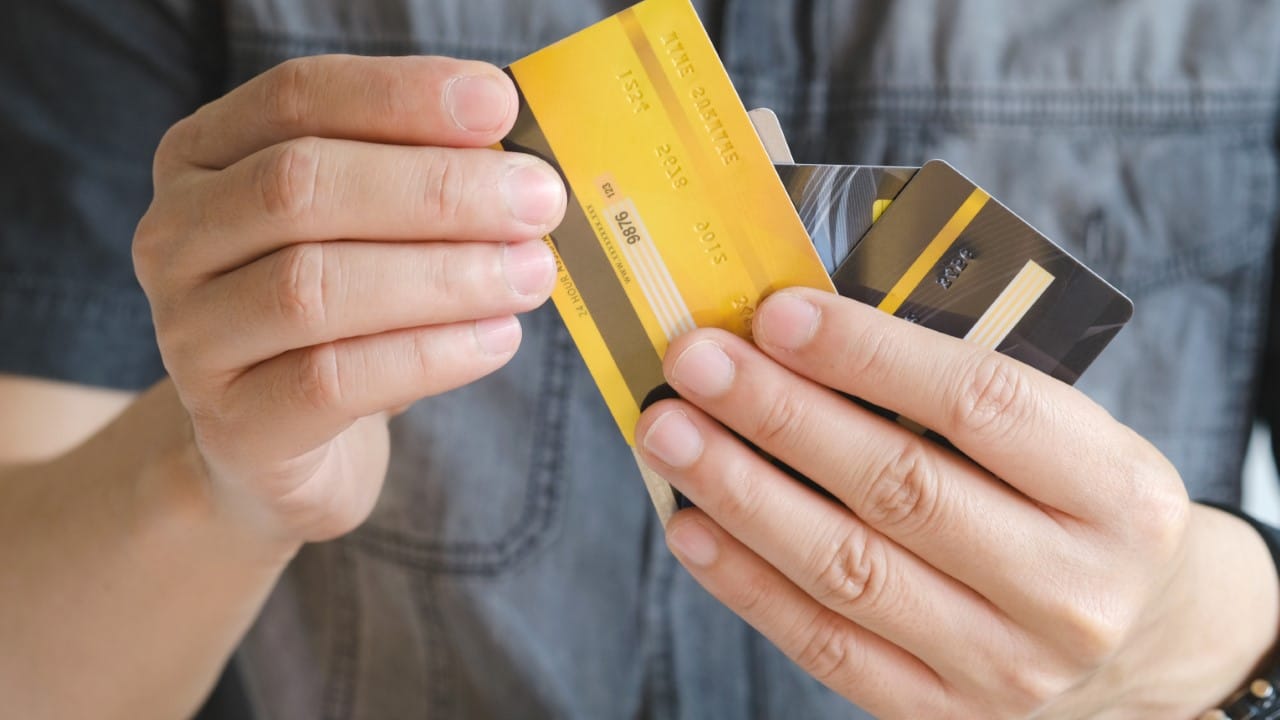
Balance transfers can help you effectively manage high-interest credit card debt, but they often come with fees and terms that need careful consideration. Analyze the transfer fees and compare them against the potential interest savings to ensure the transfer is financially beneficial. Also, be aware of the interest rates after the promotional period, as they can sometimes be higher than your original rate.
12. Avoid Impulse Purchases

Credit cards can make it all too easy to succumb to impulse purchases. To avoid accumulating unnecessary debt, create a budget and adhere to it. I love craft supplies and buying stuff for my dogs, so I have to keep myself in check.
Be disciplined about differentiating between wants and needs. A helpful rule is to consider whether you would be willing to make the same purchase with cash. If the answer is no, it’s likely an impulse buy that you can do without.
13. Keep Your Credit Card Secure

Always treat your credit card with the same level of security as you would with cash. Keep your card information confidential and be cautious when providing card details, especially online. Be vigilant against scams and fraudulent activities. Regularly check your statements for any unauthorized transactions and report any suspicious activity to your card issuer right away.
14. Know What to Do If Your Card Is Lost or Stolen

In the event that your credit card is lost or stolen, it’s imperative to report it to your credit card company as soon as possible. Most companies offer 24-hour customer service for such incidents. Prompt reporting can prevent unauthorized use and protect you from potential financial liabilities. Familiarize yourself with your credit card company’s procedures for lost or stolen cards.
15. Understand the Difference Between Credit and Debit Cards
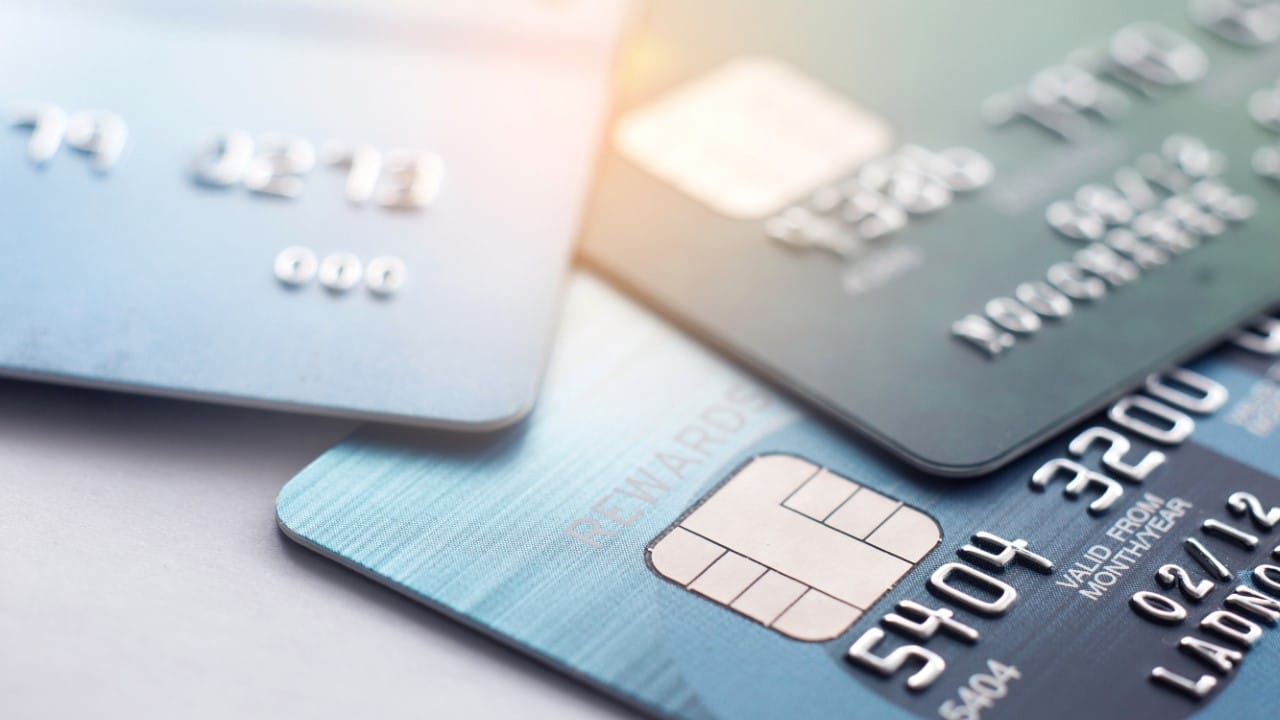
It’s important to understand the fundamental difference between credit and debit cards. A debit card draws directly from your bank account, whereas a credit card provides a line of credit that needs to be repaid, often with interest. Misusing a credit card can lead to debt accumulation and adverse effects on your credit score, unlike debit card transactions, which limit you to your existing funds.
16. Don’t Use Your Credit Card to Build an Emergency Fund

Relying on a credit card as an emergency fund is a risky financial strategy. In times of crisis, credit card debt can escalate quickly, leading to a cycle of high interest and financial stress. Instead, aim to build a separate savings fund for emergencies. Having dedicated savings reduces the need to resort to high-interest credit options in unexpected situations.
17. Learn About Interest Rates

It’s essential to understand how interest rates on your credit card work. If you don’t pay off your entire bill, interest is charged on the remaining balance. This interest, often at a high rate, can accumulate quickly, making it more challenging to pay off your debt. Being aware of your card’s interest rate helps you understand the cost of carrying a balance, encouraging more prudent financial management.
18. Don’t Ignore Your Monthly Statements

Reviewing your monthly credit card statements is crucial for effective financial management. These statements detail your account activity, including all transactions, fees, and charges. Regularly checking your statement allows you to monitor your spending, identify any billing errors or unauthorized charges, and ensure payments have been correctly applied. It’s a good habit that helps in maintaining a clear picture of your financial status.
19. Be Cautious of Joint Credit Card Accounts

Joint credit card accounts require careful consideration. When you open a joint account, both parties are equally responsible for any debt incurred, regardless of who made the purchases. It’s important to have complete trust in the other person and maintain open communication about spending habits and payment responsibilities. Mismanagement of a joint account can adversely affect both individuals’ credit scores.
20. Don’t Close Your First Credit Card

Your first credit card is often the cornerstone of your credit history. A long credit history can positively impact your credit score, so keeping your first card open is advisable. If you’re not using it regularly, you can still keep the account active with occasional small purchases, which you can pay off immediately to avoid it being closed by the issuer for inactivity.
21. Educate Yourself About Credit Card Fraud

Understanding and preventing credit card fraud is vital. Safeguard your personal information and be vigilant about phishing scams, which often come in the form of unsolicited emails or phone calls. Regularly monitor your credit card transactions for any unauthorized or suspicious activity. Report any potential fraud to your credit card issuer immediately to protect your account and personal information.
22. Use Credit Cards for Convenience, Not Debt
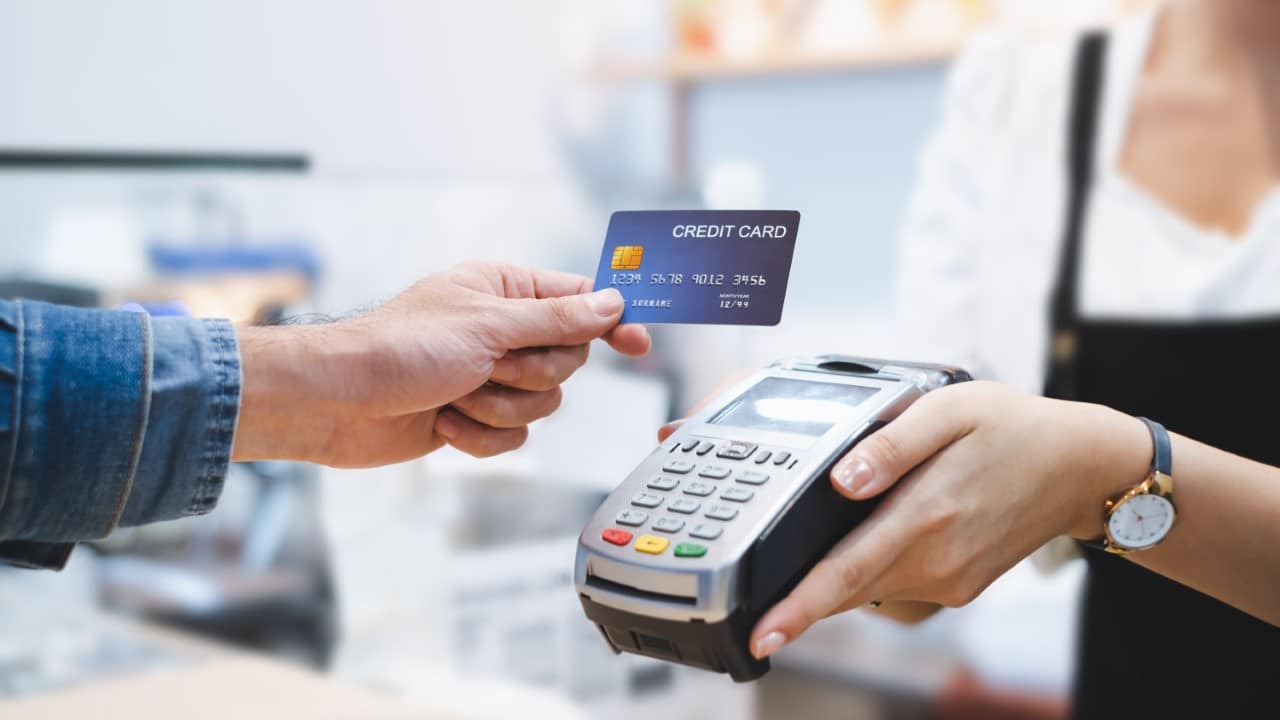
Credit cards should be used as a tool for convenience and not as a means to accumulate debt. It’s important to use your credit card for purchases that you are able to pay off in full each month. This approach helps you avoid interest charges and falling into a cycle of debt, making your credit card a beneficial financial tool rather than a burden.
23. Don’t Max Out Your Card

Maxing out your credit card is not advisable. High utilization of your credit limit can negatively impact your credit score and indicates potential financial stress. Additionally, it leaves you with no available credit for emergencies. Try to keep your balances well below your credit limits to maintain a good credit score and ensure financial flexibility.
24. Consider Annual Fees
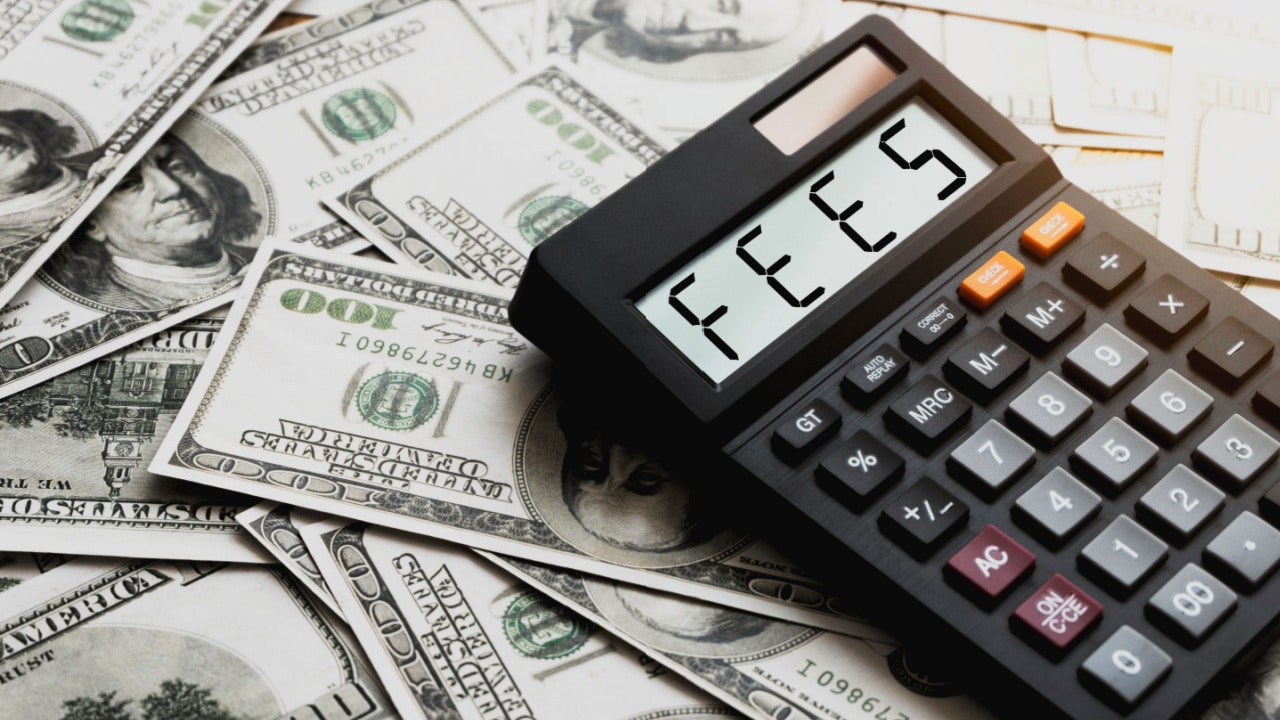
When choosing a credit card, consider any annual fees that may apply. Assess whether the benefits provided by the card, such as rewards, cash back, or travel perks, justify the fee. If you find that you’re not utilizing the card’s benefits enough to offset the fee, it may be more cost-effective to opt for a card with no annual fee.
25. Use Credit Card Benefits

Many credit cards offer additional benefits, including travel insurance, extended warranties, cash back, rental car insurance, and exclusive discounts. Make sure you’re aware of these perks and use them to your advantage. These benefits can provide significant value and savings, especially if they align with your spending habits and lifestyle needs. Familiarizing yourself with and utilizing these benefits can enhance the overall value you get from your credit card.
